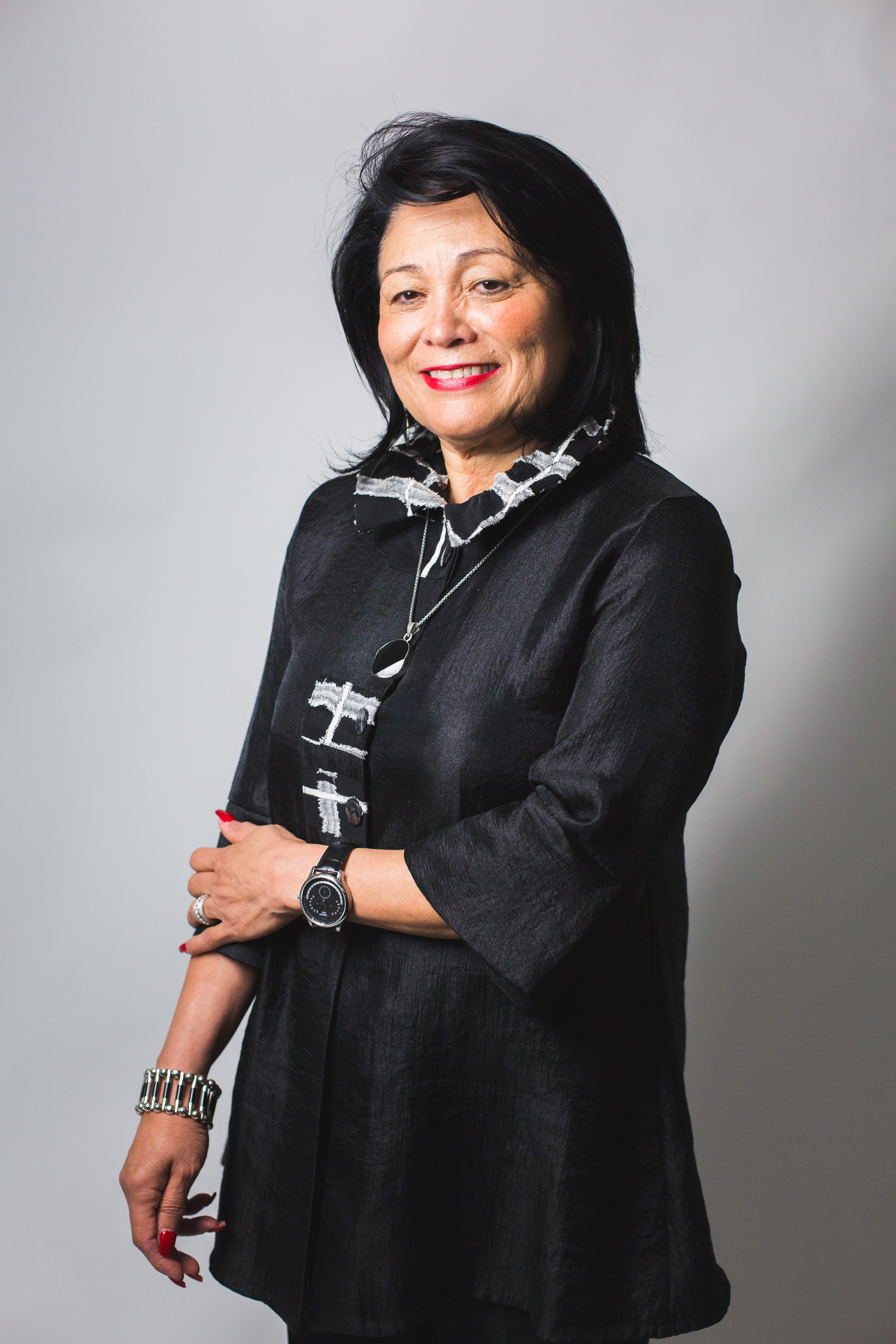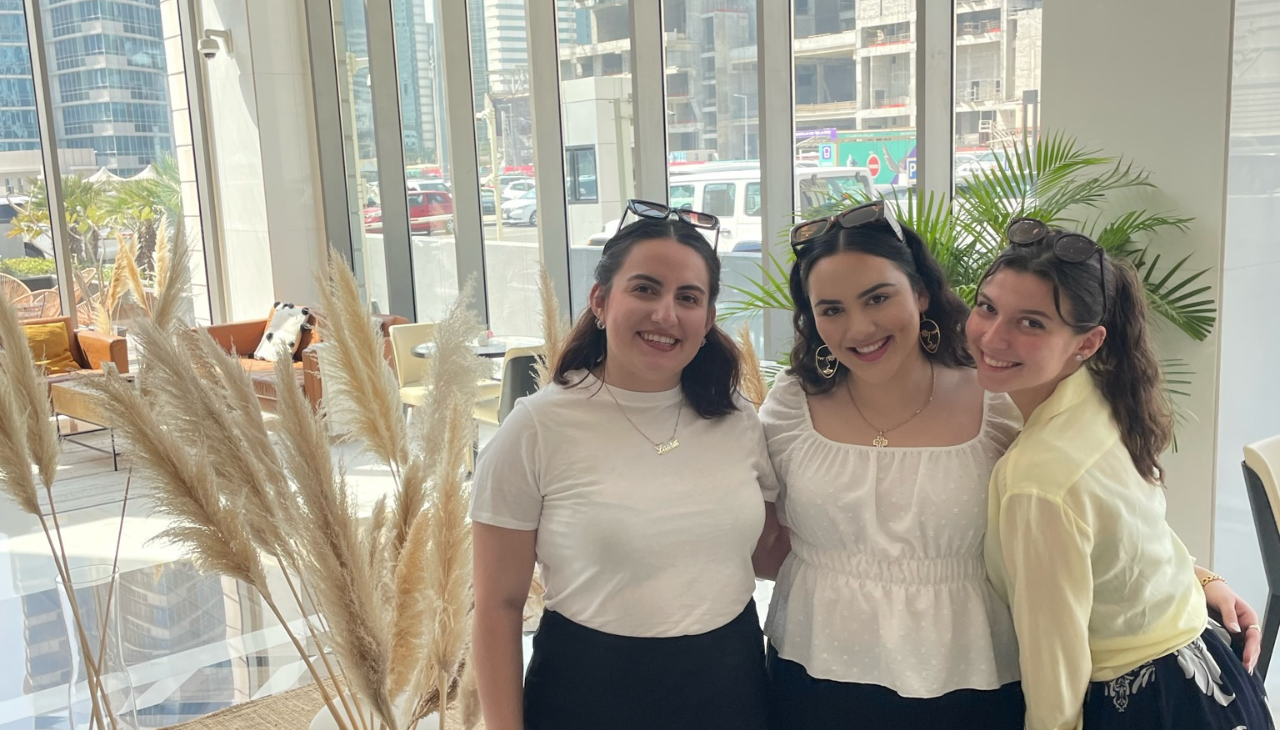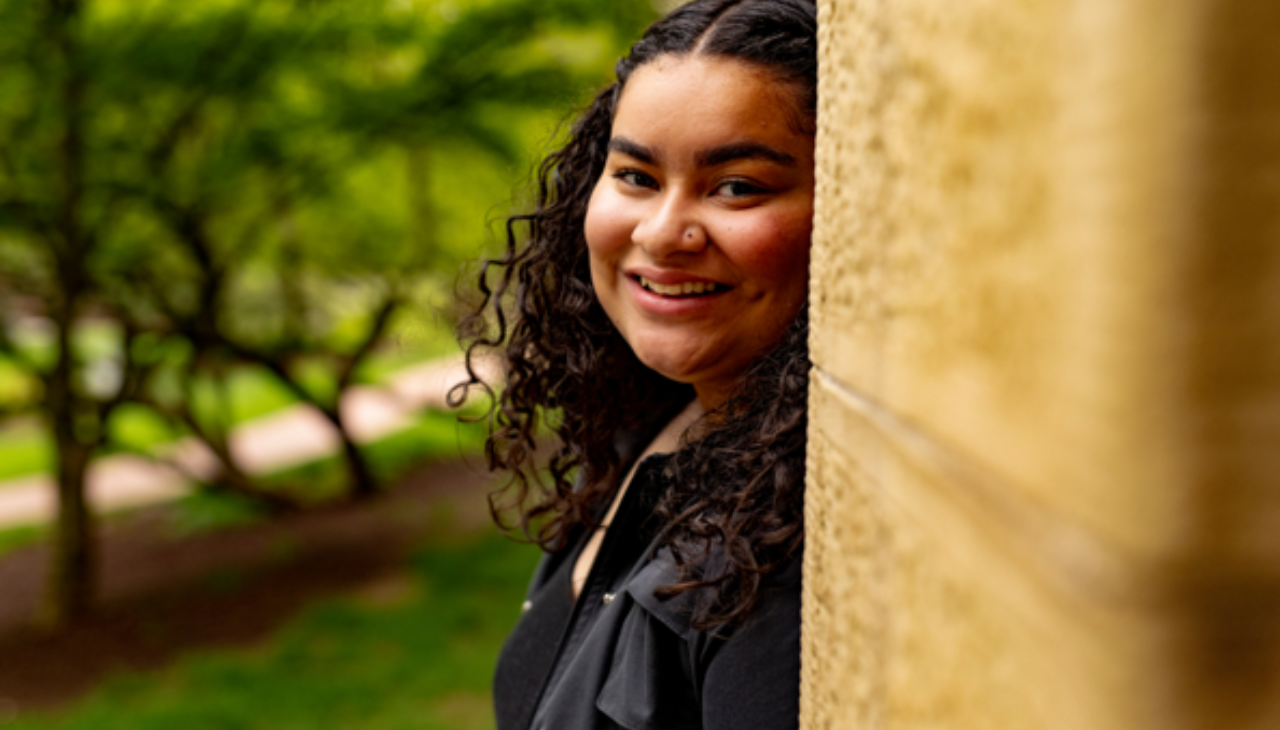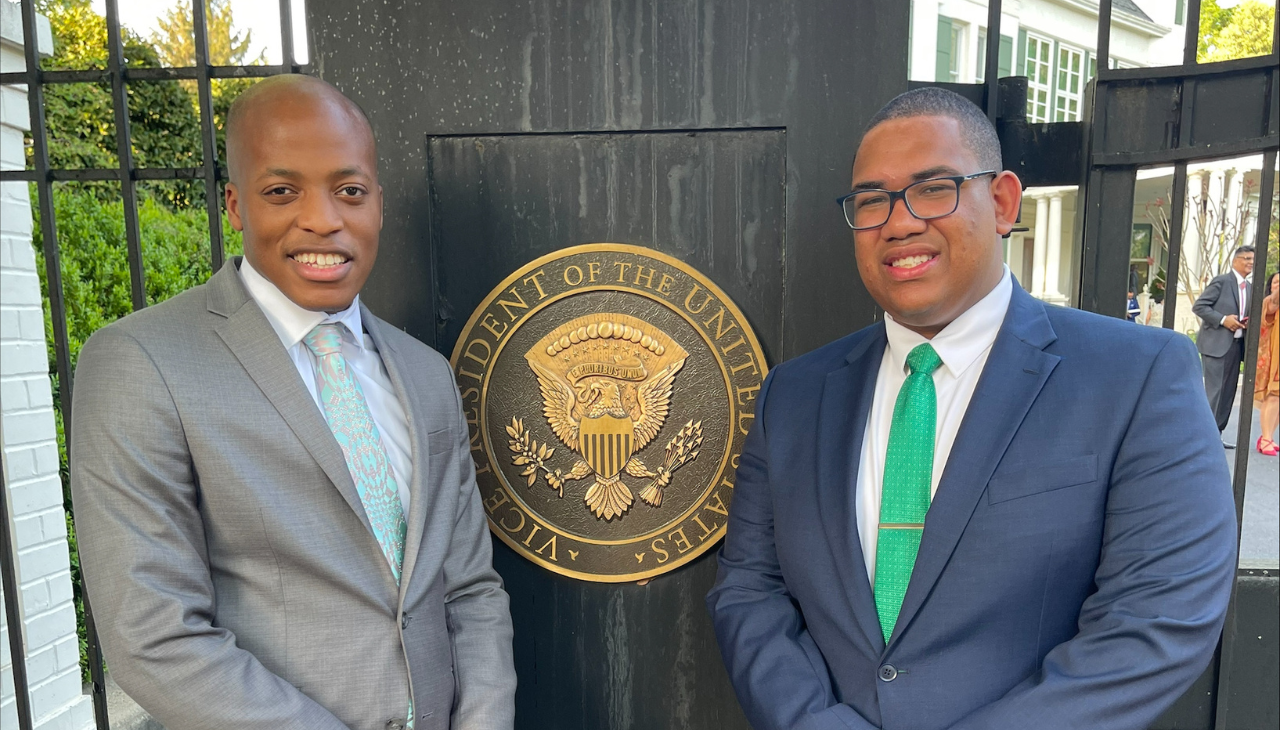
Rutgers University-Camden awarded $3 million grant to strengthen democracy in Paraguay
Dr. Gloria Bonilla-Santiago and her team at Rutgers University in Camden have been awarded a $3 million grant to build a Higher Education Center for Ethics, Equity, and Transparency (HECEET) in Paraguay, in partnership with the country’s national university, la Universidad Nacional de Asunción (UNA).
The center will provide training to more than 2,000 government officials and politicians, legislators, education leaders, and other members of civil society in Paraguay during a three-year period.
“We’re thrilled, we’re very happy, and honored to be able to work in partnership with UNA,” Bonilla-Santiago said in a phone interview with AL DÍA on Sept. 3.
The idea for the center grew out of Bonilla-Santiago’s work as a Fulbright Specialist in the country in 2018.
For the past two years, the sociologist and community development expert has traveled back and forth, meeting with faculty at the national university, providing training, and doing research around the issues of ethics, equity, and transparency.
“I was looking at how do we try to rebuild the university as an anchor...and how do we train people to rethink the way universities can create change around issues of equity, transparency and ethics,” Bonilla-Santiago said.
As a result of that work, Bonilla-Santiago received a $50,000 grant to do a conference in Paraguay this past June on the same theme. It brought about 800 people to the UNA, from all sectors of society.
“There was a lot of interest on the part of Paraguay to continue the dialogue around issues of equity, transparency and ethics,” she said.
“And I think it’s not just Paraguay, but I think it’s all Latin America, Central America and the Caribbean where you see an emergence of the people rebelling against issues of corruption, issues of government that are having challenges with following a democracy,” Bonilla-Santiago noted, highlighting the revolution that happened in Puerto Rico, protests in Hong Kong, and even protests which occurred in Paraguay in the summer of 2018.
Bonilla-Santiago said that it is helpful because now there is also an extended trajectory to the work that began with the Fulbright project, was developed with the conference, and can be implemented in a more sustainable way through the establishment of the center, which will allow for “serious work around these areas.”
As director, Bonilla-Santiago will bring stakeholders together and develop the curriculum, training, and needs assessment tools in order to follow the idea through from implementation to evaluation, results and impact.

At the end, it will be, Bonilla-Santiago stated, a “national beacon center for transparency, ethics, equity for Paraguay,” and one that will be self-sustaining, incorporated into the very fabric of the university.
CONTENIDO RELACIONADO
The center is not the first of its kind in work that Bonilla-Santiago has done as a sociologist and community development expert to transform societies and communities.
She is perhaps best known for her work with LEAP Academy Charter Schools in Camden, NJ, and has directed Rutgers University in Camden’s Community Leadership Center for decades. Education and how it transforms communities is something that Bonilla-Santiago knows well.
Bonilla-Santiago said that Camden is an example of a community that has struggled with lack of transparency — when she first started LEAP in 1997, the city had already seen four mayors that had gone to prison.
“We [had] issues of lack of transparency and equity and ethics at all levels of government, and we were able to actually develop an initiative like LEAP to get kids and teachers and using the university as an anchor to create change,” she noted. “So it has been about using universities as anchors to transform societies or communities.”
Public policy is still needed to combat corruption, Bonilla-Santiago said; but it begins with education.
“You can’t legislate without educating,” she said.
Bonilla-Santiago has also done similar work around using universities as anchors in Cuba, Puerto Rico, and Ghana, with the goal of examining “how do we rebuild societies, how do we transform communities that are really disenfranchised.”
The center in Paraguay could have a worldwide impact, said Bonilla-Santiago, mentioning that she has thought of the impact that a similar initiative could have in Puerto Rico.
“This is groundbreaking work because what we’re talking about is really looking at how does the university play a different kind of role in creating civil society and bringing back the communities that have been left behind,” said Bonilla-Santiago.










DEJE UN COMENTARIO:
¡Únete a la discusión! Deja un comentario.